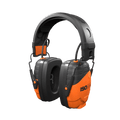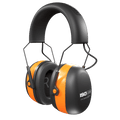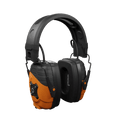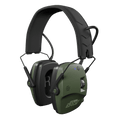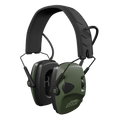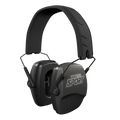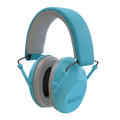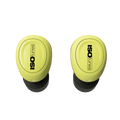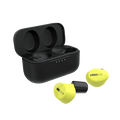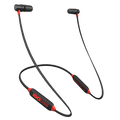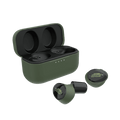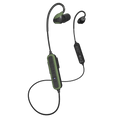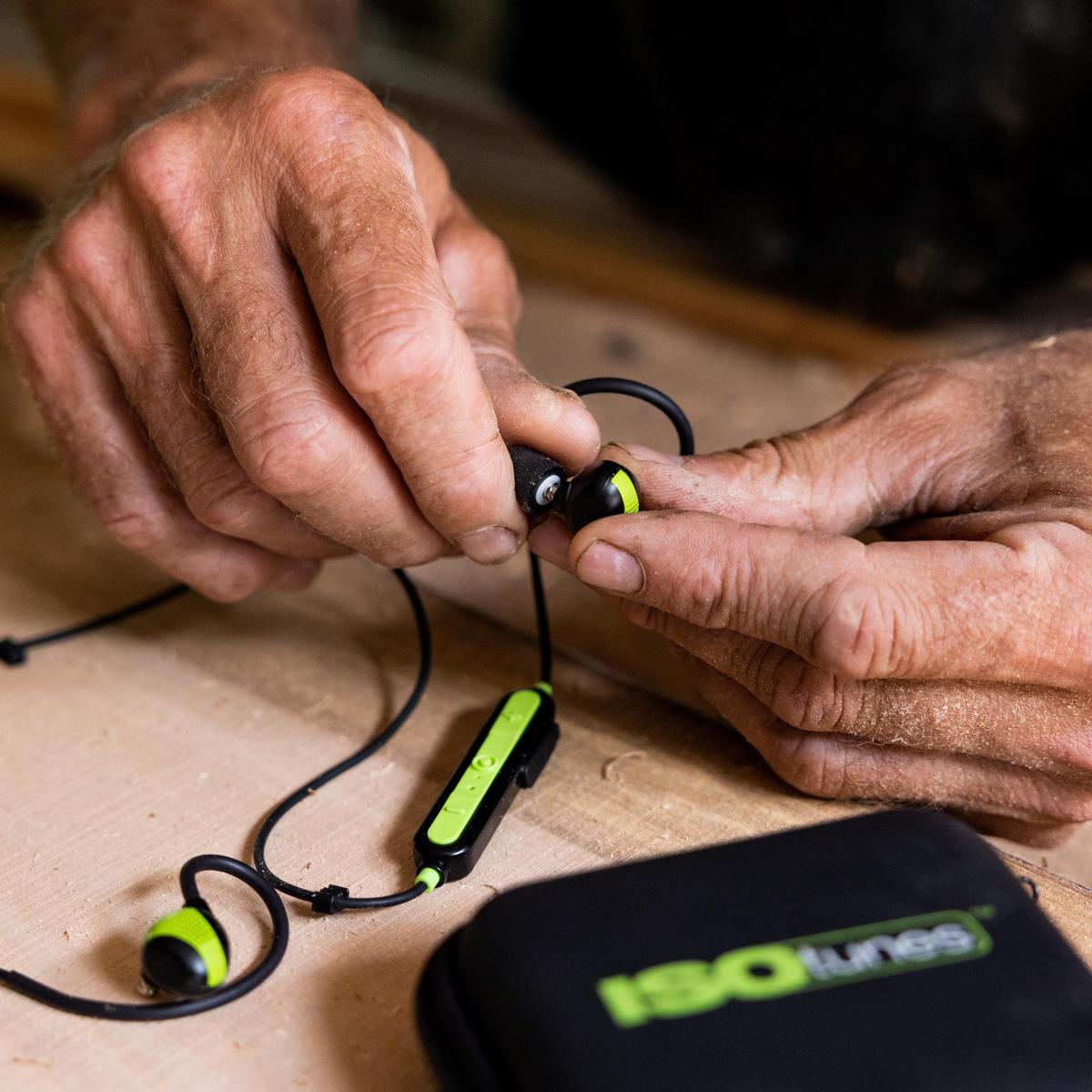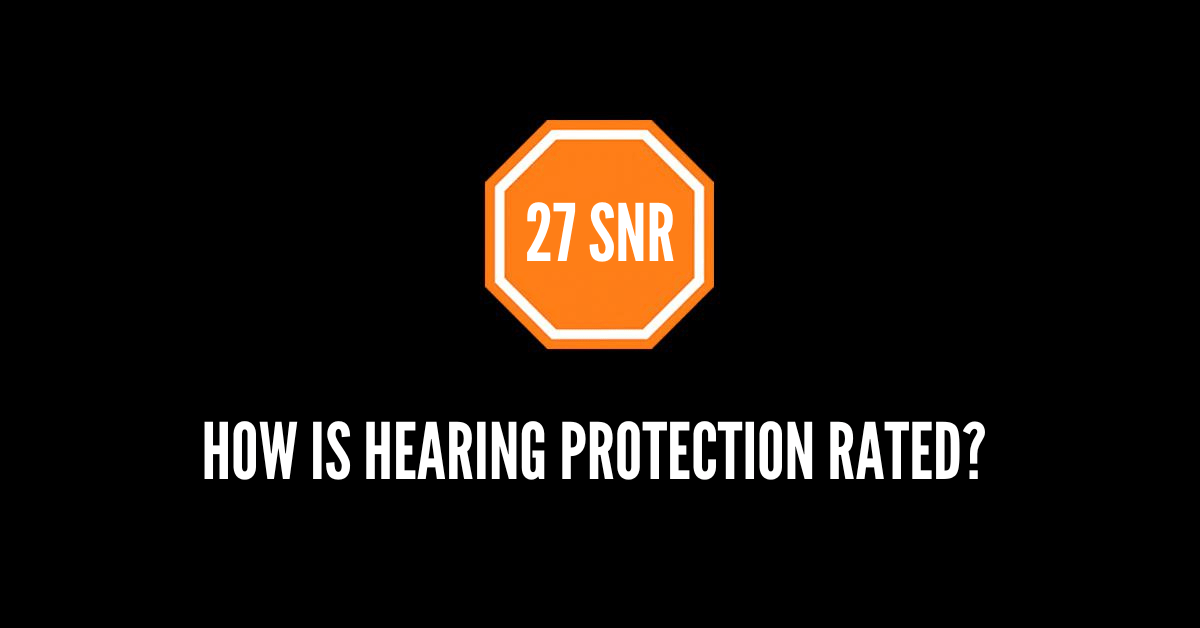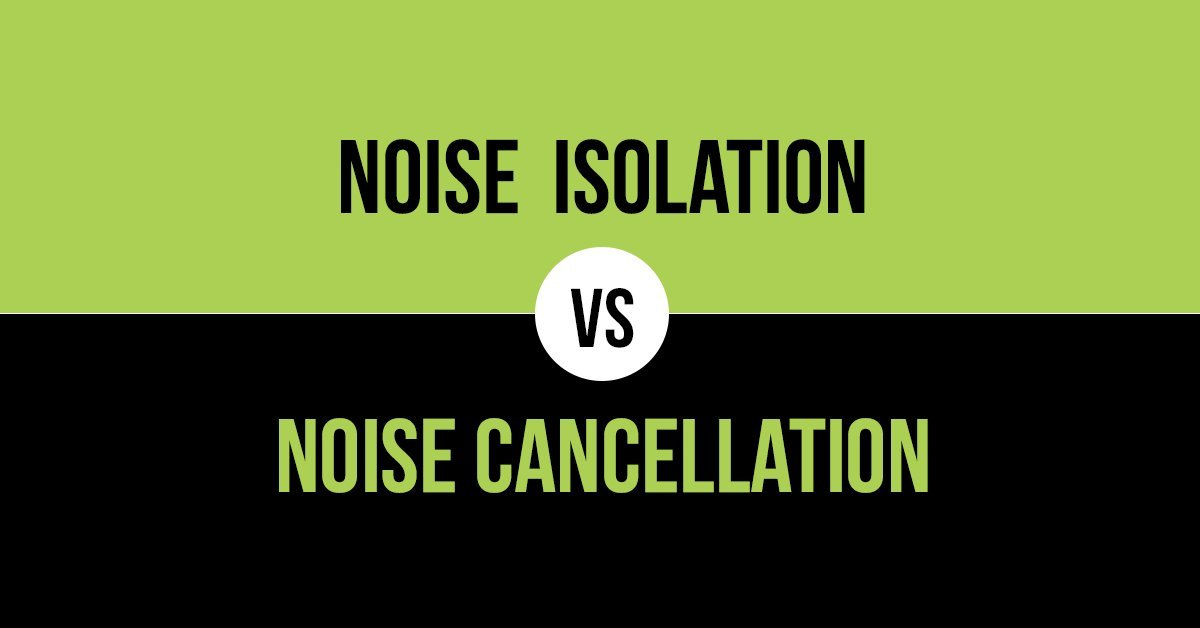SNR is a European rating system used to measure the effectiveness of hearing protection devices in reducing noise levels. It is a single number that represents the amount of noise reduction provided by a hearing protection device in decibels (dB). The higher the SNR, the more effective the hearing protection device is in reducing noise levels.
SNR is calculated based on laboratory tests that measure the amount of noise reduction provided by a hearing protection device. The tests are conducted according to a standard procedure that has been developed by the European Committee for Standardization (CEN) and the International Organization for Standardization (ISO). Every ISOtunes product has been tested following this procedure to give each one an SNR.
The SNR rating is particularly useful for individuals who are exposed to high levels of noise at work, such as construction workers, musicians, and factory workers. For example, if the noise level in a workplace is 100 dB, and the SNR rating of a hearing protection device is 25 dB, the effective noise level would be reduced to 75 dB. This rating is important because it allows consumers to choose devices that will provide adequate noise reduction given their normal activities and usage.
Millions of people each year suffer from Noise Induced Hearing Loss (NIHL), many of whom have been exposed to excessive noise at work or during leisure activities, such as mowing. NIHL is a condition that occurs when the sensitive hair cells in the inner ear are damaged by exposure to loud noise.
This is why ISOtunes is committed to personal safety. With our earphone products, we do our part to not only protect your ears from loud outside noises, but allow you to appreciate the sounds of the world around you for years to come.
It's essential to note that SNR is just one factor to consider when selecting a hearing protection device. Other factors such as comfort, fit, and durability also play a role in determining the effectiveness of a hearing protection device.
When it comes to hearing protection, the higher the SNR, the higher the protection. For example, earplugs with an SNR of 30 dB can reduce noise levels by up to 30 dB. In contrast, earplugs with an SNR of 20 dB can only reduce noise levels by up to 20 dB. This means that earplugs with a higher SNR rating provide more effective noise reduction.
For example:

In summary, SNR is a critical factor to consider when selecting hearing protection devices. A higher SNR rating indicates a more effective noise reduction, which can significantly reduce the risk of noise-induced hearing loss. When selecting a hearing protection device, it's also essential to consider other factors such as comfort, fit, and durability to ensure that the device is both effective and comfortable to wear.


